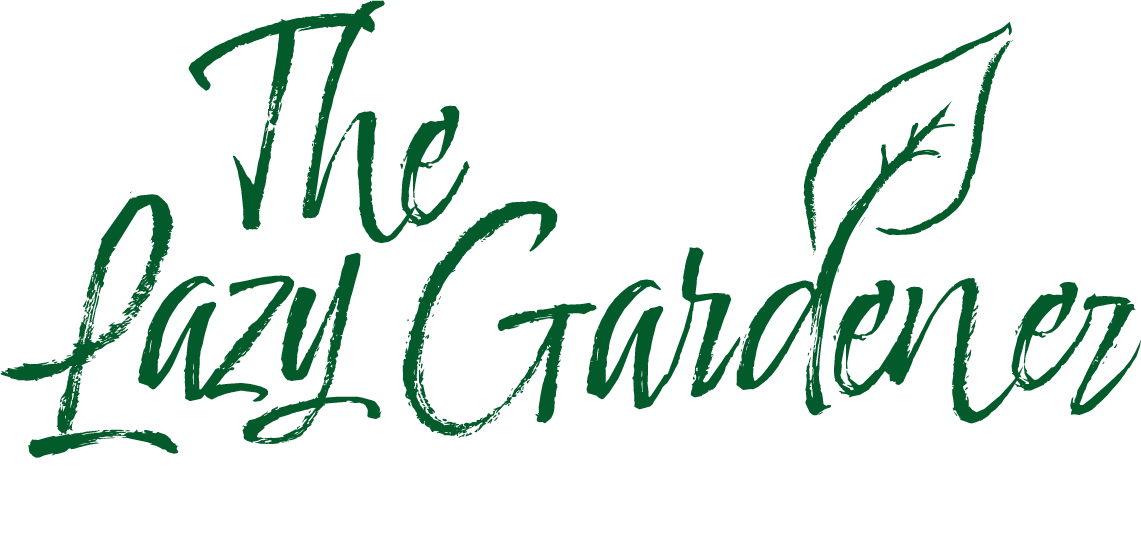By marjorie perrelli day
Gardeners have been conditioning their soil with sphagnum peat moss for years, unknowingly contributing to carbon emissions by depleting some of the planet’s great carbon sinks. The peat bogs across the world do more to take carbon out of the air than the tropical rainforests. And they are being harvested at an unsustainable rate.
Sadly, most gardeners don't have a clue as to why they are using peat. In garden beds, peat moss retains moisture and aerates soil by making it "fluffier". New lawns are commonly seeded and covered with peat but it is ineffective for two reasons: the first hard rain washes the peat off the lawn. Second, Peat is acidic– most gardens and lawns in Westchester don't need more acidic soil.
Green-leaning gardeners use coconut coir (Kwai'-or) to replace unsustainable peat applications. Coir is a by-product of coconut harvesting. The shortest hull fibers and dust are compressed into bricks that expand when soaked in water. Coir performs similarly to peat, with less acidity. But like peat, it has little nutrients.
When reviewing the value of coir and peat, it seems both can easily be left out of the garden and lawn equation altogether.
The Real Smack Down
The real smack down is Compost vs. Peat AND Coir. It's going to be an unfair fight because compost blows them both out of the garden.
For the lawn, finely screened, properly made compost is rich in organic matter, nutrients and beneficial microorganisms. Peat can’t compete. Gardens and lawns conditioned with organic compost in the spring and fall perform better in droughts, have healthier soil (ergo healthier plants) and better disease-resistance. If you make your own compost from kitchen and yard waste, it cuts down on garbage pickups.
Sorry peat. Sorry coir, compost wins.
There are two areas where coir wins over peat: seed starting and container plantings. Coir keeps the soil aerated and moist, while adding compost turns container soil into chunky rocks.
Final shot: Coir beats peat in containers and seed starting. Coir and peat both lose to compost for gardens and lawns.


